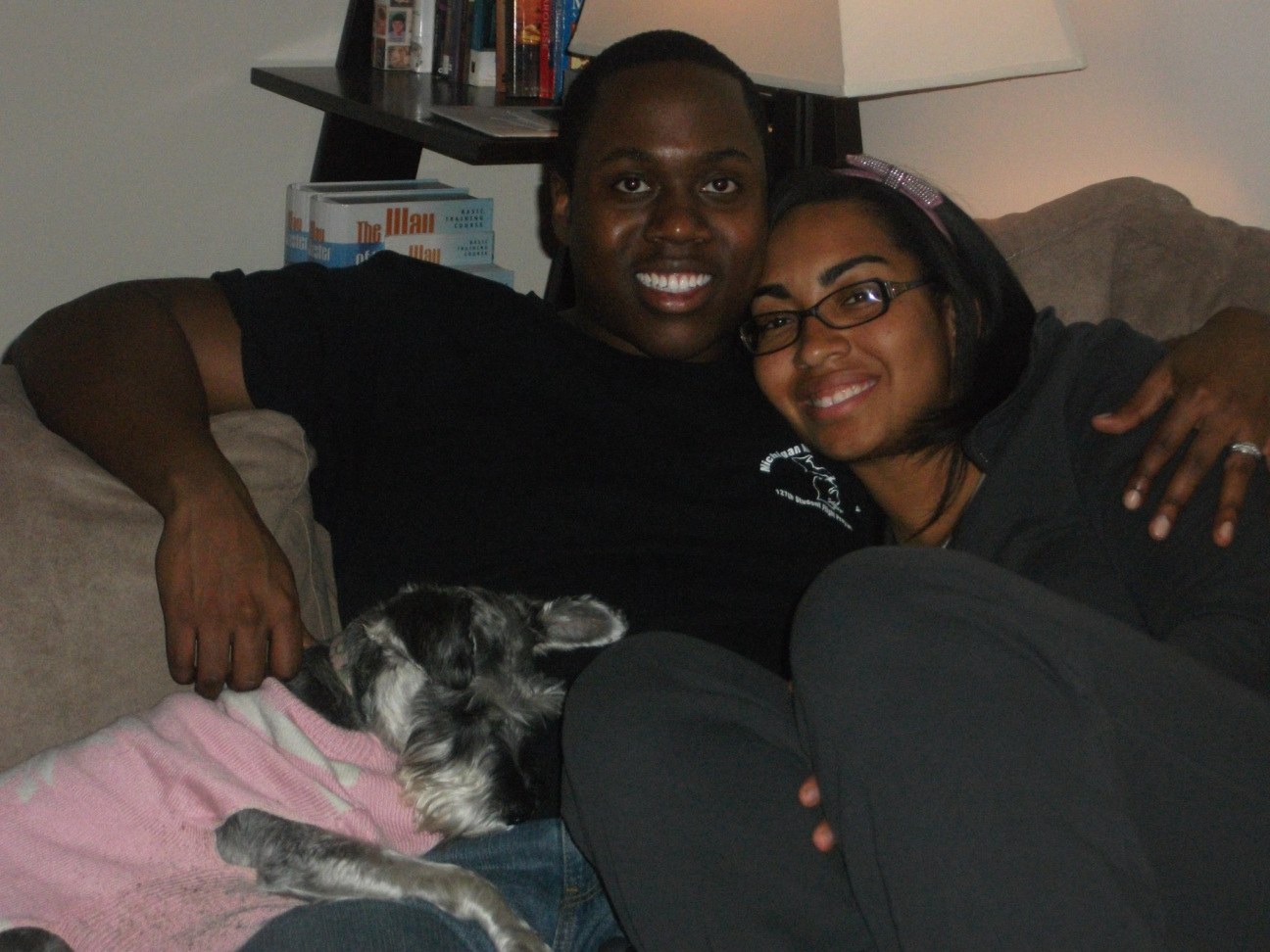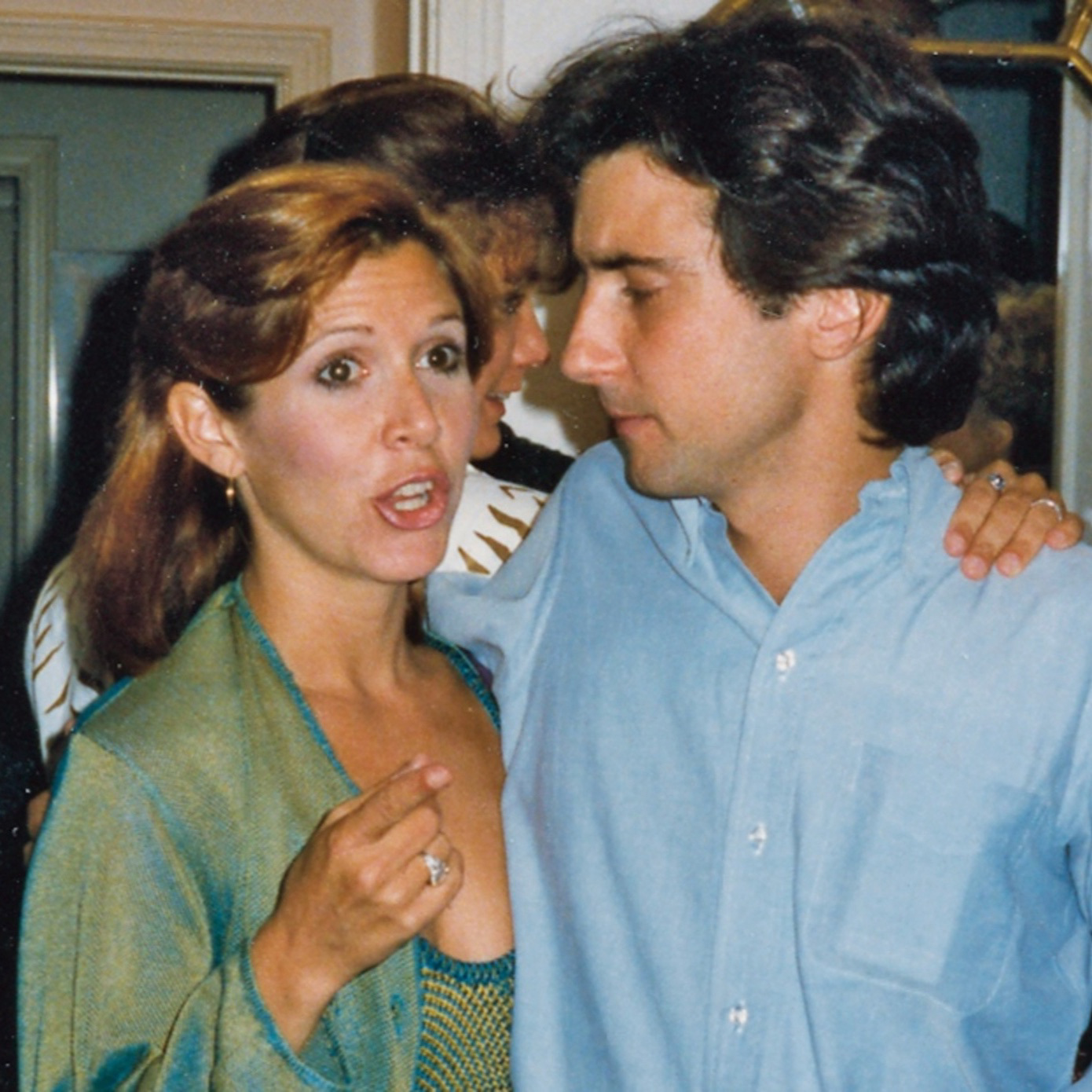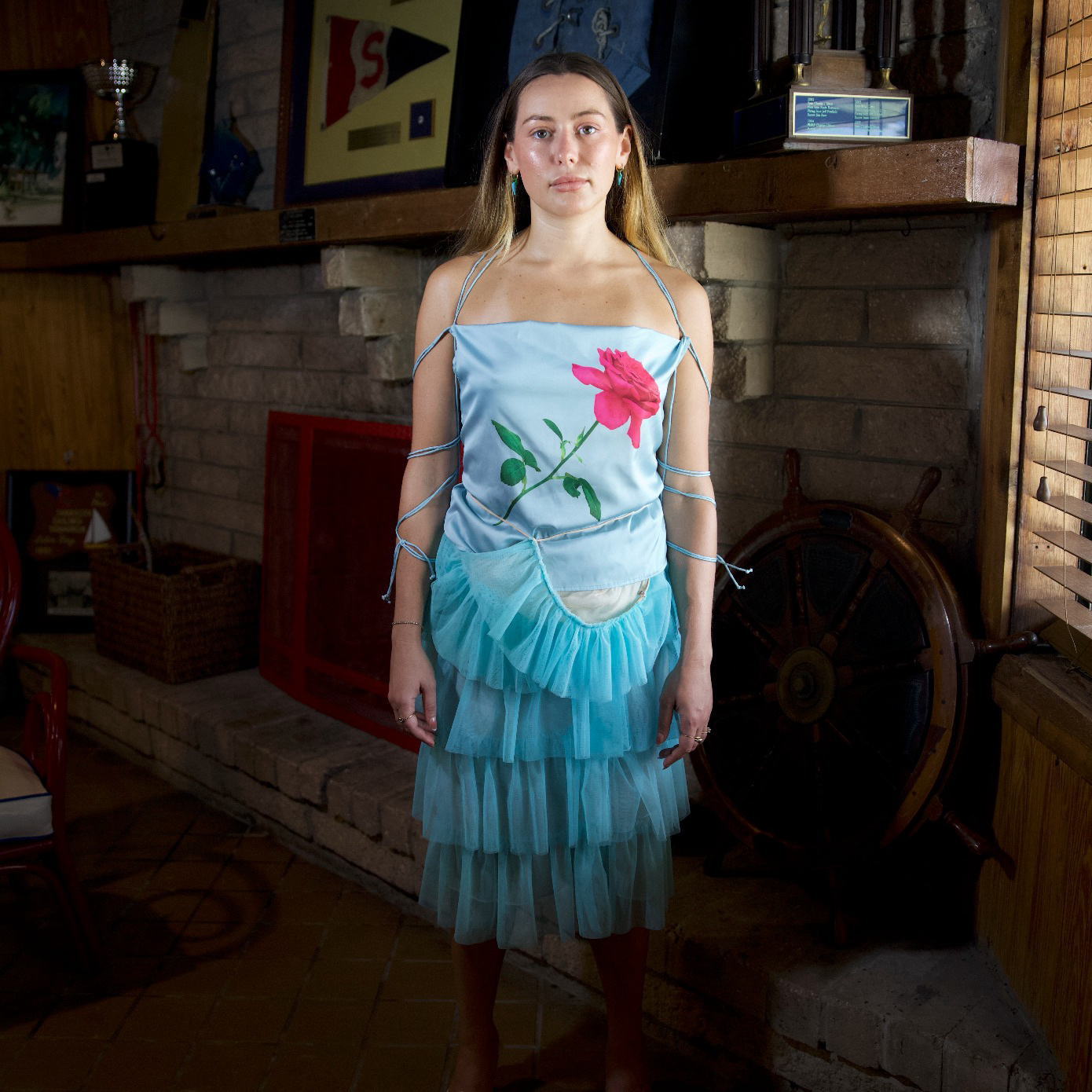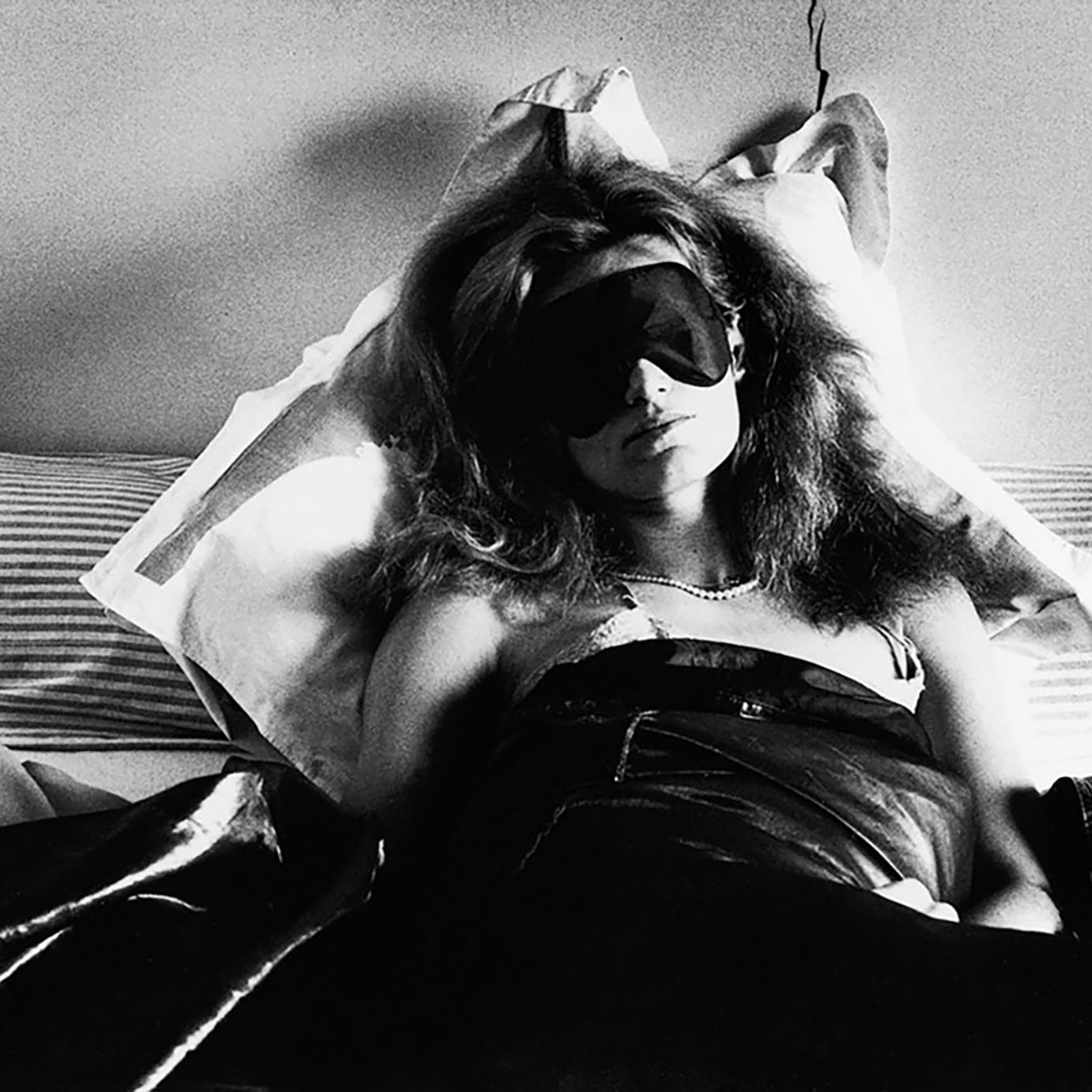
It had been nearly three years. Three years of being his wife, of being celebrated for how “well” we showed up in the world. Three years of being praised for our union, a model of “what was possible” for many people in our small, Midwestern, Apostolic Christian community.
We met in our sophomore year of college. He told me within weeks that I was the woman God said would be his wife. I relished the idea of being chosen by a man I found so incredibly kind and beautiful. To this day, I’m not sure if there is anyone I’ve laughed with more.
But as my marital fantasy unfolded, a feeling of uneasiness began to seep in. Even before things became serious, my gut—that unnerving, visceral voice inside me—told me that he was a good man, but that didn’t mean he was a good man for me.
The feeling persisted. I wrestled with it over days and nights, feeling anger towards it, trying to pray it away. I even shared it with him, hoping he would say something that might dissolve the boulder of shame and frustration in the pit of my stomach. He said that he felt certain enough for the both of us. I depended on that. But the feeling stayed with me on that joyful night after Sunday dinner when he proposed to me in his father’s living room. It stayed as we looked into each other’s eyes and said “I do” at the county courthouse. It stayed with me through family vacations and holiday meals, through sweet evenings together by the fireplace in our new home, through the daydreams we’d share about our future children.
The feeling stayed with me right up to the moment—nearly three years into our marriage—when I looked into his eyes again and let him know I had to leave. The fact that I didn’t feel grounded in, passionate about, or deeply committed to him was a sign that he wasn’t receiving what he needed either. Somewhere in the world was a woman who would feel absolutely certain about him. Staying in the marriage was not only dissolving me, it was hindering him, someone I cared about, from finding the things he deserved.
I was terrified. I found it difficult to reckon with my identity outside of my marriage. I was also reeling from the adrenaline rush of self-confirmation that filled my body the moment I left our shared home for the last time. As I drove down the highway at 80 miles per hour toward the house where my grandmother would hold me in my grief, I felt an unrecognizable relief fill me. It was explosive and all-consuming—not so much joy, but a recalibration.
As women, we are taught not to trust ourselves, and to believe any voice besides the one that knows us best—our own. We are destined to become an amalgamation of what others think we should be: a mother, a lawyer, a “lovely daughter,” perhaps even a mistake. This ancient societal framework leaves us with little room to chisel out a self that we define.
It reminds me of an adage that I’ve often been told: women used to “be more loyal back in the day.” I cringe at the suggestion. “Back in the day,” women had even less opportunities to assert agency than we do now. They couldn’t simply decide that a marriage wasn’t a good fit—they had to consider what life as a divorcée would mean for their livelihood. While this is still true for many, resisting these expectations was unimaginable before—I certainly don’t believe all women were merely doting wives.
The truth is, my divorce was what germinated my relationship with my courage. I made the conscious decision that doing the hard thing was worth it for my well-being: for the sake of kindness, for the sake of possibility, for the sake of self.
It has been 10 years since I left. Ten years since we signed our separation papers in the same courthouse where we got married. We shared a meal together afterwards, a soft nod to our commitment to stay kind through the pain. Over these 10 years, the seed of courage that I planted flourished. I nourished it with acts of self-knowing and trust, like my move to the big city, my five-month solo trip around the world, my dive into a meaningful career, my decision to relish in my choice to be child-free. I founded a nonprofit organization dedicated to mental health, wrote a memoir, and continued to pursue my well-being day by day by day.
I often think about the version of myself that stayed. I consider what she might be doing in that parallel universe of choices unmade: the version of me that bent to the pressure to be what so many others desired but just did not feel right. I imagine a wife still living in Ohio, raising beautiful Black children, and celebrating a decade of being married. I think about what that gut feeling might be doing to her as she shares her life with a good man—even though she knows that he’s not good for her.




